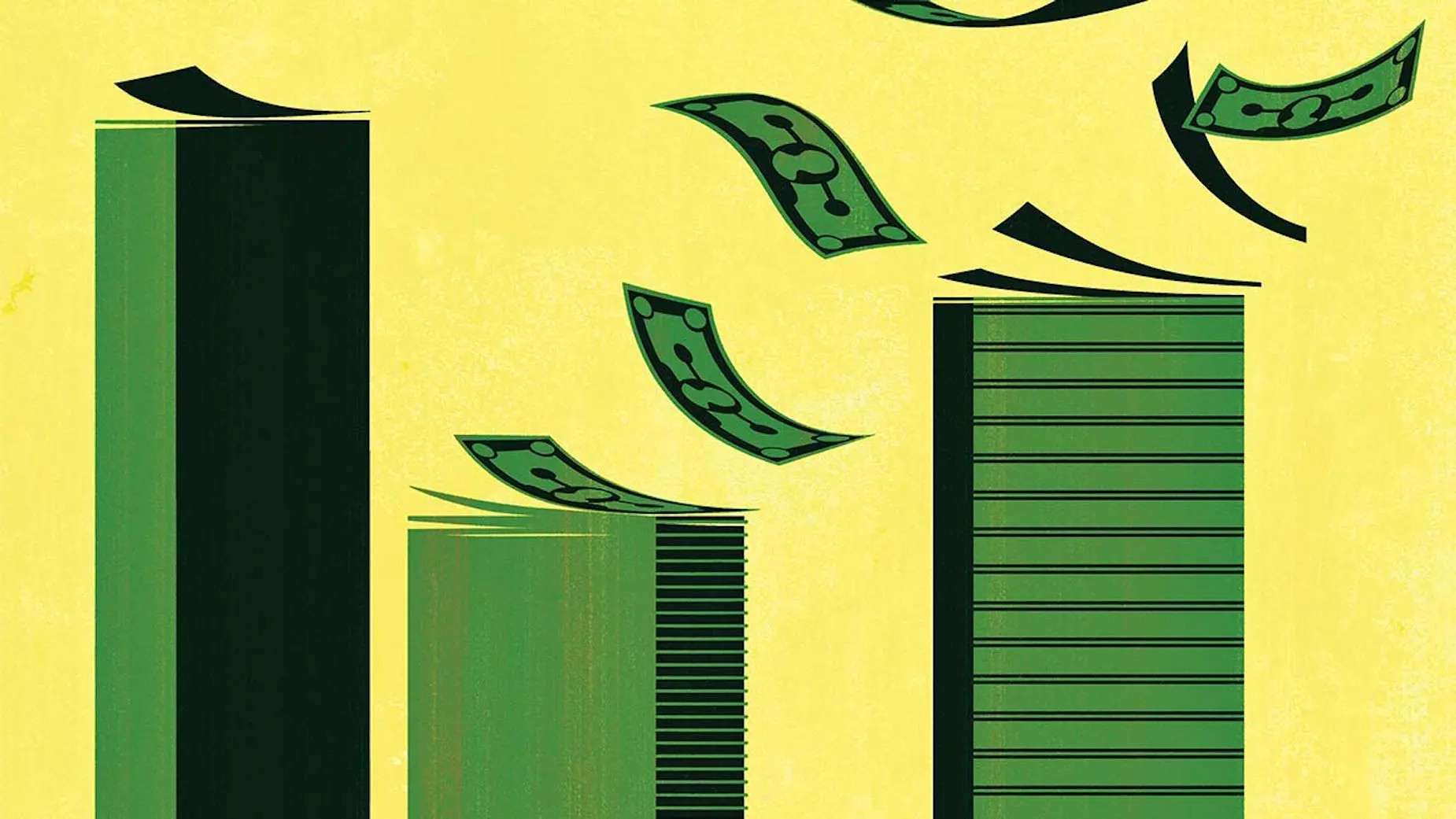The OECD predicts a 1.8% increase in Brazil’s GDP for 2024, following strong years in 2021 and 2022.
In those years, the GDP grew by 4.8% and 3%. Inflation should also settle at 3.2%. This rate closely matches the National Monetary Council’s goals.
Unemployment has fallen to its lowest since 2015. This drop is due to a busy first half of 2023.
Yet, Brazil faces a big challenge with public debt. The OECD forecasts the debt will hit 80% of the GDP by 2024.
Without proper fiscal management, it could reach 100% by 2037. Debt levels are sensitive to policy changes.
The OECD stresses the need for strong reforms.

The Brazilian government has made some reforms. A key tax reform was passed in late 2023. These changes aim to control public debt.
The new fiscal policy, which started in August 2023, targets budget issues. It introduces more flexibility and predictability.
The OECD notes that under Bolsonaro, debt decreased from 87% to 73% of GDP between 2021 and 2022.
This decrease was due to economic recovery. However, there is a risk of debt growing again. This is because of current fiscal policies.
OECD has given Brazil some advice
Brazil’s tax system is quite complex. It involves many taxes on goods and services. These taxes come from different levels of government.
The planned tax reform will simplify this. It will create a unified tax (IVA). This change should make the system easier and reduce legal problems.
The OECD has given Brazil some advice. It suggests easing monetary policy slowly and implementing the new fiscal plan.
The aim is to reduce public debt. They also recommend combining all consumption taxes into one IVA.
Fighting corruption is another key suggestion. The OECD encourages focusing on early education and reducing labor costs.
They believe in improving job training. Also, investing in infrastructure is important. They suggest that the Brazilian Development Bank help local governments with these projects.
In summary, Brazil’s economy is growing, but there are challenges. The OECD highlights the need for careful fiscal management and reforms.
These efforts are vital for Brazil’s long-term stability and growth.

